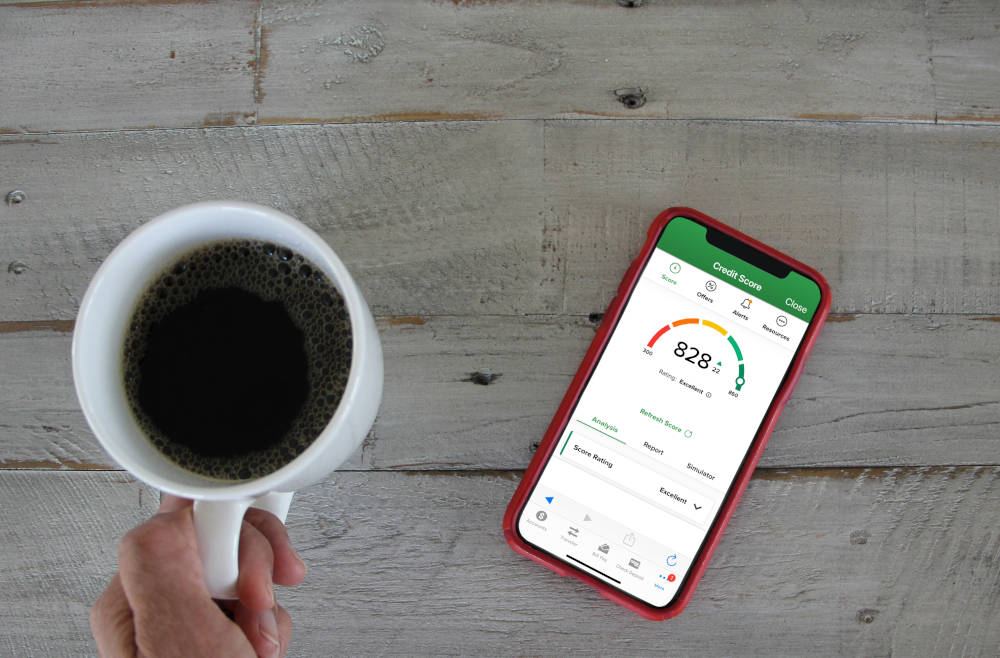Bankruptcy wreaks havoc on credit scores. While things can look bleak, there is hope.
That’s because it’s possible to rebuild your credit after bankruptcy. Many people find that hard to believe. They feel that since their credit card debt has been charged off, no credit card company will be willing to take a chance on them.
However, this is not the case. Rebuilding your credit after bankruptcy takes time, but if you follow a good strategy, there is no reason why you cannot someday have credit cards, get a car loan or even obtain a mortgage.
Here are some proven strategies for rebuilding your credit.
Pay Your Bills on Time
Even after bankruptcy, you still have bills to pay. Regularly making on-time payments for utilities, rent or mortgage, insurance, and other routine expenses demonstrates to the credit bureaus and potential lenders that you are being responsible with your finances. Plus, certain debts like student loans typically cannot be discharged in bankruptcy. Making on-time payments on these debts lowers your debt-to-income ratio and makes you look like a more attractive risk to lenders.
Apply for Credit
Many consumers are surprised by the number of credit card offers that they receive in the mail after having a bankruptcy discharged. Usually, these credit cards have several things in common like sky-high interest rates, annual fees, and other costs to which you may not have been accustomed before entering bankruptcy.
Weigh each of these offers carefully, and choose the one that seems like the best option. Maybe it has a slightly lower interest rate and a smaller annual fee than the others. You also might consider opting for a secured credit card that requires you to deposit a certain dollar amount with the lender. Then, your card’s credit limit is equal to the amount of your deposit.
Once approved, use your new credit card wisely. Make a small purchase with it or use it to pay one of your monthly bills. Immediately pay the card off before the statement cycle ends so that you avoid paying interest. Do this each month, and the lender will report your responsible use of the card to the credit bureaus. This will rebuild your credit. Eventually, you’ll start to get credit card offers with more attractive interest rates and no annual fees.
Ask About Being an Authorized User or Adding a Cosigner
Many credit cards provide an option to add authorized users to accounts. Ask a spouse, close friend, or family member to make you an authorized user on their account. If they agree, use that credit card responsibly. Make small purchases and pay them off before the next statement cycle to avoid interest. As an authorized user, your responsible use of credit will be reported to the credit bureaus.
Alternatively, if you have a hard time obtaining credit on your own, then you can ask a trusted person to be a co-signer on a credit card or loan. This actually may make your behavior even more responsible as you don’t want your cosigner to become responsible for your debts.
Monitor Your Credit Report
Routinely check your credit report for errors, and make certain that mistakes get corrected. This ensures that your credit report is accurate and won’t harm your chances of obtaining credit.




